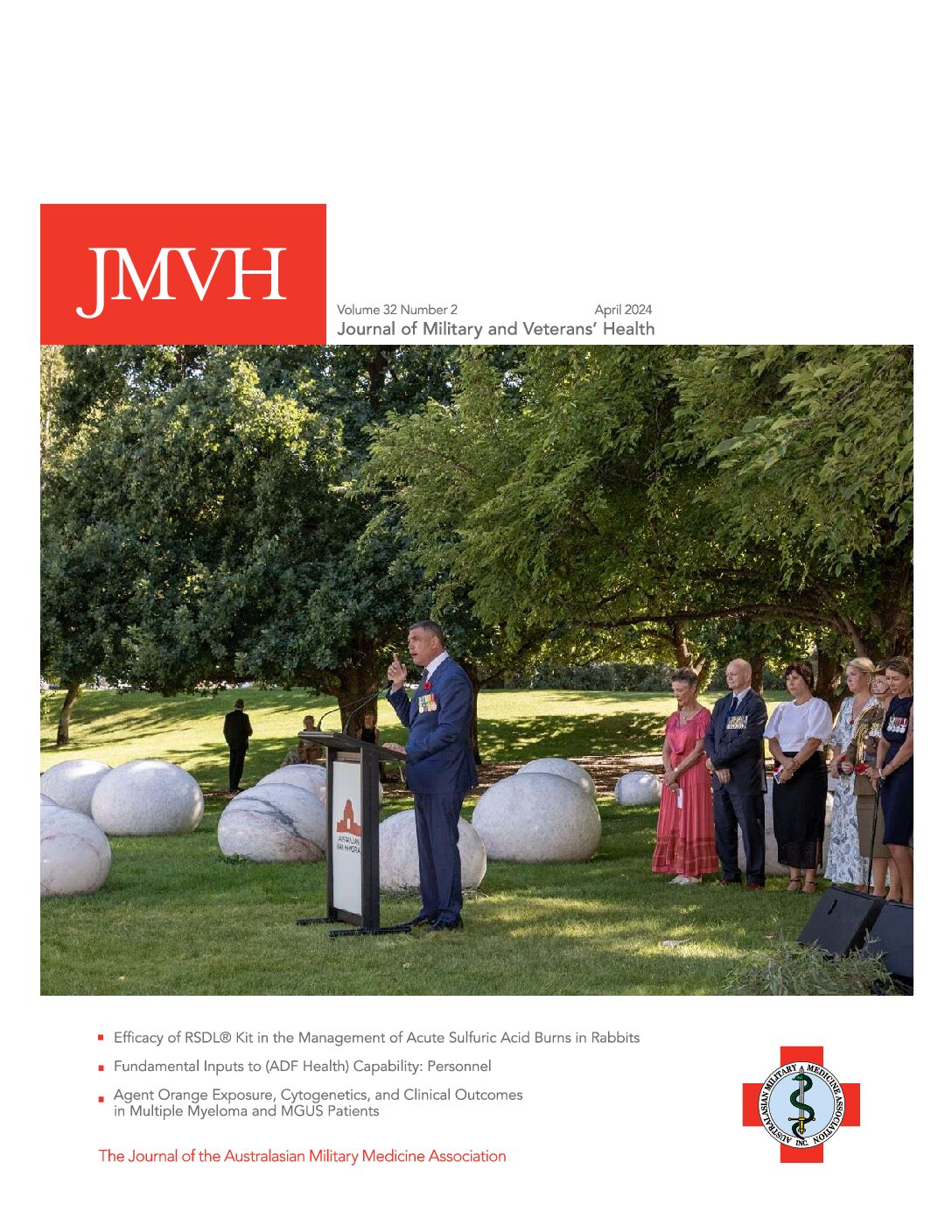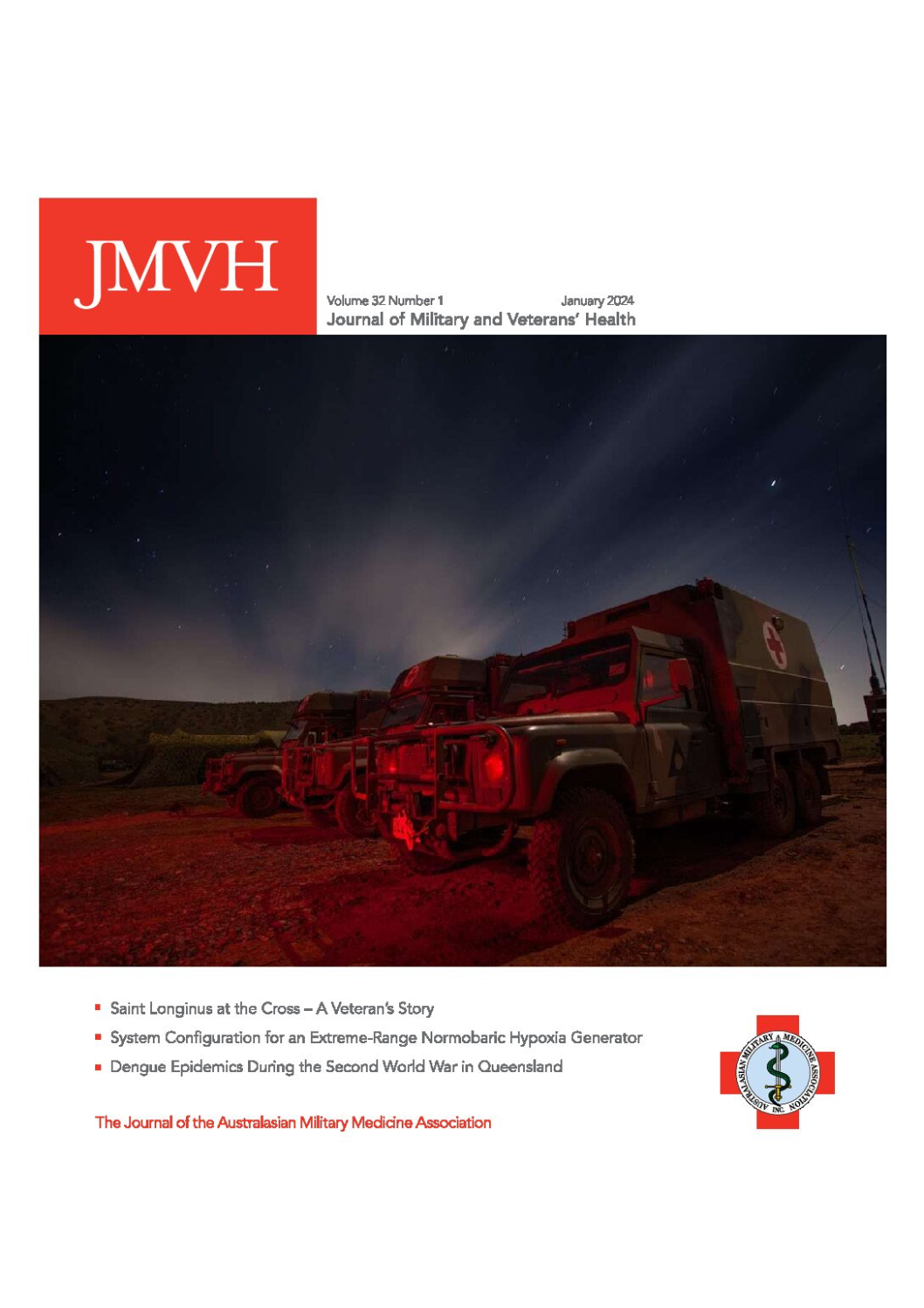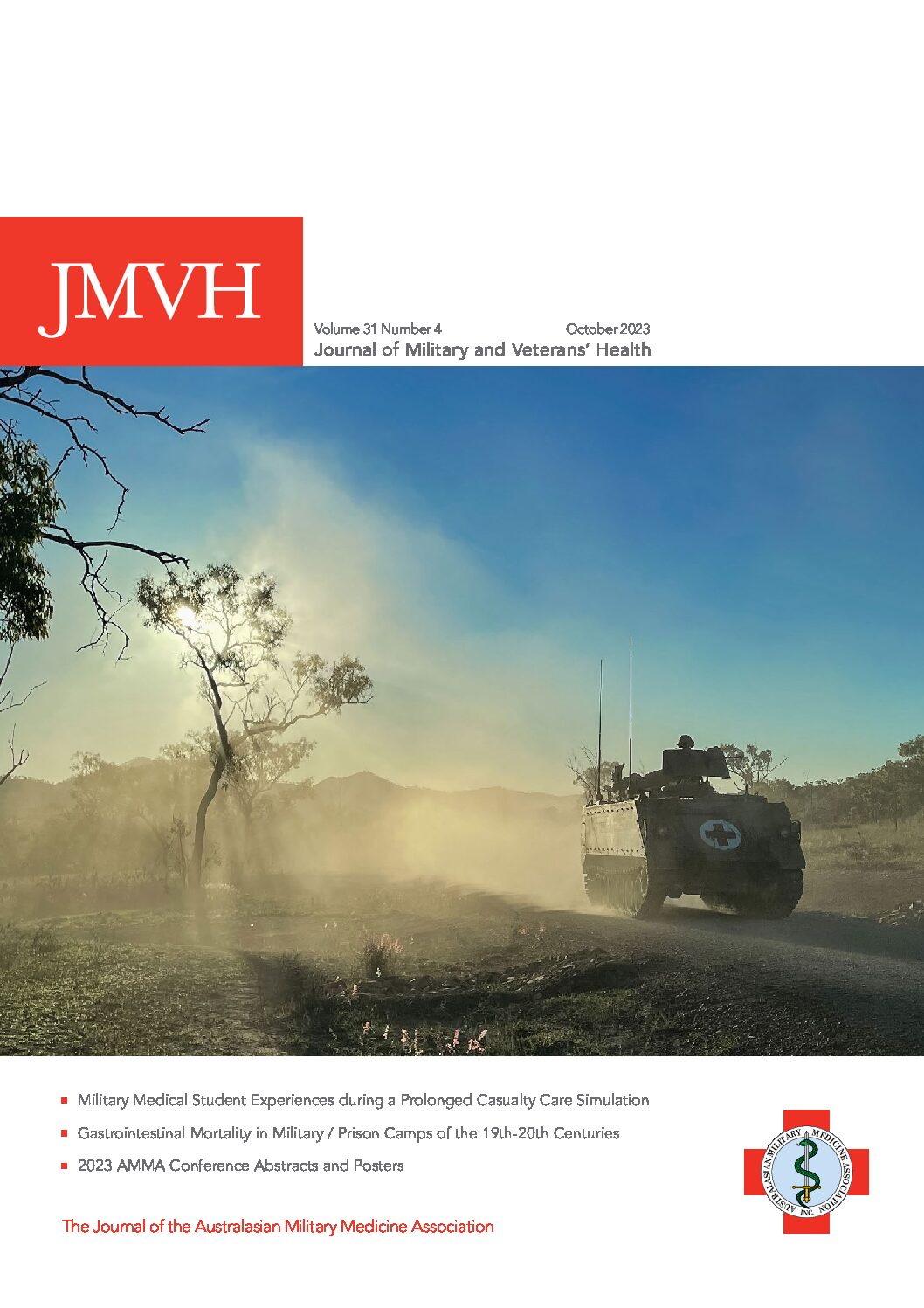
(Reproduced with permission from Allen and Unwin)
SURGERY, SAND AND SAIGON TEA is one of Allen and Unwin’s latest releases. This book is a candid and frank look at Australian service in Vietnam from a Citizen Military Force (Reserve) anaesthetist’s point of view. Although Marshall Barr prefaces his Vietnam memories with short accounts of his life prior to Vietnam and the preparations in Australia, the book is principally focused on his Vietnam service in Vung Tau and is based on diaries he kept during the period. Marshall Barr has constructed a very honest and enthralling book. Whether the thirty or so years has given him time to reflect or whether he needed personally to ‘tell it like it was’, Barr has produced a ‘warts and all’ look at the Vietnam war from the 8 Field Ambulance in Vung Tau. Unlike many Australian troops in Vietnam, he was fortunate in having had the opportunity to visit other units scattered across southern Vietnam. He spent time with the Australian Task Force at Nui Dat, with Australian Civilian Teams at Long Xuyen and Bien Hoa, and with American units in Saigon and Tay Ninh. He even managed to get down to RAAF Butterworth in Malaysia and then had to pay for a commercial flight to get back to the war.
This is not a book of bravado, as we have sometimes seen portrayed in some of the literature and films of period, but a sincere and truthful recollection of a long and often stressful posting. Barr is often critical of others but freely and, sometimes, humorously portrays his own shortcomings. He poignantly portrays the importance of friendship and companionship in the field while frankly noting his and others over-dependence on alcohol and tobacco to get them through the day. He also reflects on the psychological damage caused to unprepared troops by the traumas of war.
From a military medical viewpoint, Barr’s book encapsulates a number of important lessons which we should not have to constantly relearn. Whether it is the importance of standard operating procedures, the need for highly trained resuscitation teams, the need for professional anaesthetic support or fitness for flying in those being evacuated, Marshall Barr has illustrated how these can be combined to produce an effective military health care team – a team which was put to the test by the Tet offensive in February 1968. Barr does not glorify the work they did but manages to convey the appreciation he had for all the hard working doctors, medics and nursing officers who carried out their roles in often highly difficult and stressful circumstances. He has also clearly illustrated the close relationships and, in some cases, interdependence of the various United States and Australian forces’ medical assets and the well-developed liaison between Australian military and civil aid personnel.
Marshall Barr continues to practice as a Consultant Anaesthetist at the Royal Berk shire Hospital in England. His keen interest in history – he is the Honorary Editor of the History of Anaesthesia Society – has assisted him in writing an absorbing autobiographical view of the Australian medical officer in war. As COL Don Beard (rtd) notes in the Preface, Marshall Barr often underrates himself and beneath the lighthearted exterior was a dedication to the wounded Australian soldier and a desire to constantly improve the medical services provided to the troops in the field.
This book is excellent reading and is highly recommended as an addition to the library of anyone who has a keen interest in either military medicine or military history.






